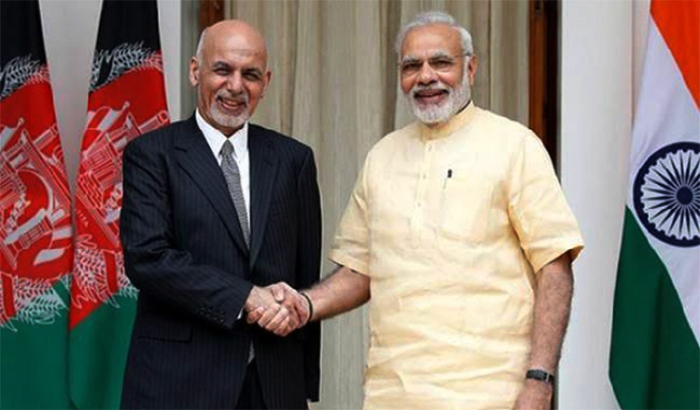Mar 28: A 69-year-old patient, hailing from Chullikal in Ernakulam District, passed away at Kalamasserry Medical College at 8:00am.
The patient had come from Dubai recently and was quarantined.
He arrived in Kerala on March 16 and was tested positive for Coronavirus on March 22, Medical College nodal officer A Fathahudeen said.
He was undergoing treatment for heart ailment and blood pressure. He had earlier undergone a bypass surgery.
Forty nine passengers in the flight he came are under quarantine.
A close relative and the driver who picked him up from the airport are coronavirus positive.
Since the deceased had no contact with any others in the state since his arrival, his route map was not processed.
Kerala reported 39 fresh cases of coronavirus on Friday, taking the total number of people under treatment to 164. The total number of confirmed cases from the state is 176, but, of this, 12 had recovered.
Of the 39 cases, 34 are from the worst affected northernmost district of Kasaragod, two from Kannur and one each from Thrissur, Kozhikode and Kollam.
With a positive case being reported from Kollam, all 14 districts in the state have been affected by the pandemic.
The worst affected Kasaragod has 76 positive cases, the highest and most of the affected are Non Resident Keralites from the Gulf.
A total of 1,10,299 people are under surveillence and 616 are in isolation wards of various hospitals.







Comments
Add new comment